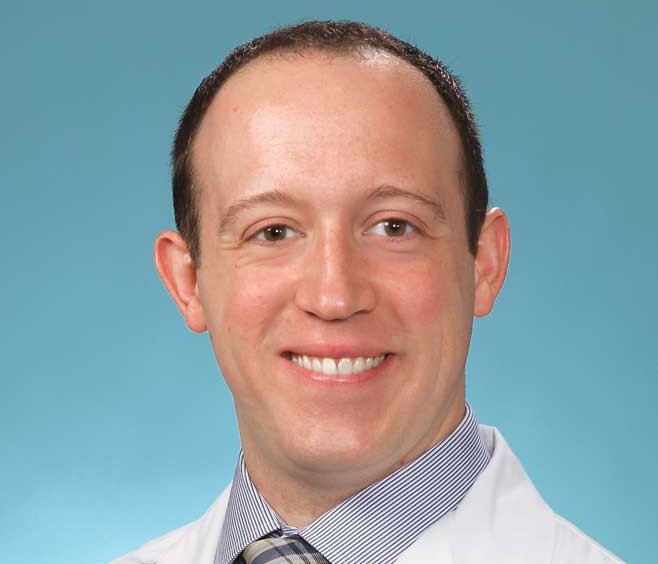“Words mean more than what is set down on paper,” said the late poet Maya Angelou. “It takes the human voice to infuse them with deeper meaning.” But the voice is a delicate instrument. The larynx, which contains the vocal chords, is vulnerable to problems that can cause pain, interfere with breathing and swallowing, and create barriers to communication.
The Voice and Airway Center at Washington University specializes in treating a wide range of airway problems and vocal disorders, from hoarseness to spasmodic dysphonia, which causes vocal chords to squeeze too tightly. “Our voices play a major role in how we interact with others, and vocal problems can disrupt our daily activities,” says Dr. Joseph Bradley of Washington University Physicians and assistant professor of otolaryngology at the School of Medicine. “But these days there are effective, minimally invasive treatments for most voice issues.”
The most common problem is hoarseness, which can become permanent if not diagnosed and treated properly. “Anything can cause it: talking too much, screaming at a ball game, upper respiratory infections, aging, acid reflux, nodules and polyps, or the early stages of cancer of the vocal chords,” explains Bradley, who joined the Voice and Airway Center team following a residency at Washington University and a fellowship in laryngology at Emory University in Atlanta.
The center, located in the Central West End with a second office opening soon in Creve Coeur, offers an integrated approach. “All patients are assessed by a specially trained physician and a speech pathologist,” says Bradley, who also practices at Barnes-Jewish Hospital. “Diagnostic methods can be as simple as listening to the voice and asking a few questions. But we also offer high-tech procedures such as stroboscopy, in which an endoscopic strobe light measures the speed of vocal chord vibrations and can detect lesions.” Treatment varies from voice therapy for minor overuse or misuse issues to microsurgery for severe nodules and polyps. Lasers, implants and injections of filler materials can be used to repair, strengthen and reposition damaged vocal chords.
A recent patient suffered from vocal chord paralysis following extensive surgery for thyroid cancer, Bradley recalls. “Her voice was weak, she could barely cough, and she choked whenever she tried to eat, drink and swallow,” he says. Using mild sedation and a local anesthetic, he inserted a permanent implant in the injured chord and repositioned it to the middle of the larynx, so it could once again make contact with the opposite chord and produce strong vibrations.
Results were immediate. “Right after I inserted the implant, I asked her how she was doing,” Bradley recalls. “When she spoke, you should have seen her face! ‘Oh my gosh, that’s my real voice!’ she said. ‘I haven’t heard it in so long!’ We were as thrilled as she was. To hear a change for the better in a person’s voice and have a positive impact on their health and well-being is incredibly satisfying.”
[The Voice and Airway Center is located at the Center for Advanced Medicine, 4921 Parkview Place, Ste. 11A, and soon will open a second location at 605 Old Ballas Road, Ste. 100, in Creve Coeur.For more information, call 314.362.7509 or visit oto.wustl.edu.]
Photo courtesy of Washington University Physicians
